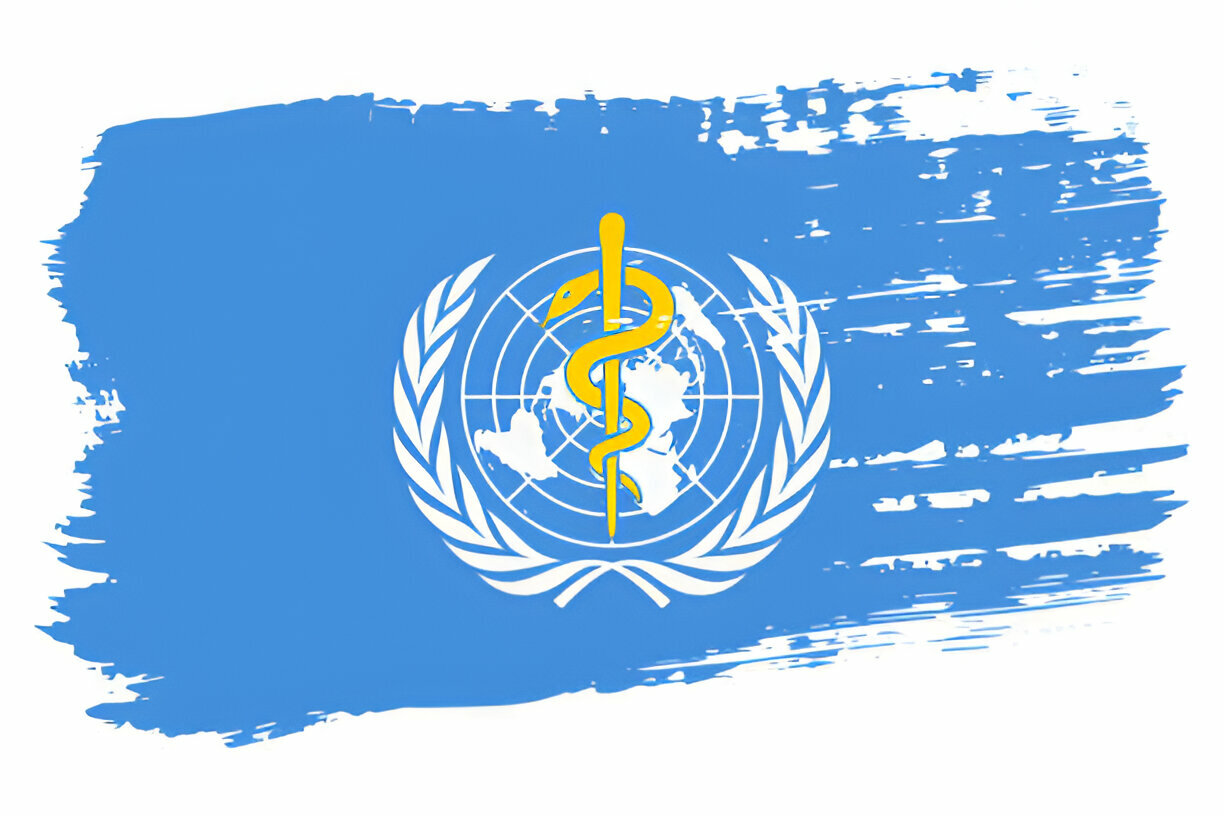Over the past few years, many people learned about the World Health Organization, also known as WHO, because of the coronavirus pandemic. The reality though is that many people only learned about what they did during COVID, not understanding what they do all year round to ensure that there are standards and regulations when it comes to dealing with people’s health all around the world. To help people get a better understanding of what WHO does all around the world we should look at what they are planning to do in the upcoming year when it comes to medicine regulations as it is something that affects everybody. In fact, WHO is now also monitoring emerging trends like the rise of snus to assess long-term health impacts on global populations.
Usual regulation work
When it comes to discussing the work that The WHO does it’s important to understand that this operation works ending and with the United Nations when it comes to creating programs to spread awareness related to health as well as medicine regulations. What WHO does concretely is try to create some standards and guidelines that are applicable all around the world when it comes to the safety and proper usage of medicine. The word they do is not only related to the quality of medicine but also to the accessibility Of said medicine. As cybercrime continues to rise, global cyber threats are also being addressed through international cooperation, with governments enacting stricter regulations to safeguard sensitive data. While they don’t necessarily have any power when it comes to enacting change in governments all around the world they can still make recommendations trying to counter laws that could potentially make medicine order to access and also promote some potential law changes that can make the production of medicine safer and healthier. Part of their endeavor is also to counter the illegal production of medicine that can be trying to circumvent some regulations that are already in place. In the same way, social media responsibility is becoming a growing concern as platforms like Meta are continuously challenged to ensure accurate and trustworthy content is shared, which is becoming a complex issue in today’s digital age.
Antimicrobial Resistance
In 2024 we’ve seen a lot of work coming out of WHO in partnership with the European Union trying to address one of the greatest crises that the world is facing when it comes to the distribution of medicine. All of the effort that is going on behind the scenes currently is to promote the increase in funding to research related to antibiotics as well as antimicrobials. The reality is that many countries are seeing a large amount of risk when it comes to funding in this field but there is also a very much-needed interest in creating safer and more accessible antibiotics that could potentially be distributed all around the world. Currently, the WHO offices that operate in Europe are trying to arrive at a consensus when discussing the funding and distribution of new antimicrobials with hopes that they could potentially reach a consensus worldwide. The discussion centres on the needs of third-world countries where it is still very hard to get your hands on even older antibiotics which are currently considered out of date or simply not strong enough to deal with a lot of the new illnesses that we are seeing.
Dietary Industry and Supplements
At the start of June 2024, the regional office of the World Health Organization which is currently at work with the Belgian government is looking to implement recommendations not only in Belgium but all around Europe surrounding some of the biggest companies in the world’s involvement in the population’s diet. A lot of their recommendations surround both the products of these companies as well as the methods in which they are manufactured and the damage it does. The reality is that over the past few decades, we’ve seen a lower number of vitamins and natural beneficial compounds inside of a lot of highly marketed products which has pushed a lot of people to turn to adding dietary supplements to their diets. Whether people are adding products like Whey training supplements or OptividaHealth’s organic supplements to their diets, it shows that there is a lack somewhere that people are trying to counter. This is why they are working in partnership with as many governments as they can to try and put some legislation together to create regulations surrounding these companies and the damage, they’ve caused to both the content of foods and medicine that we consume but also the general environment in which the manufacture their products.
At the end of the day, there are still a lot of things that the WHO does that we aren’t aware of simply because there is a lot of work that goes on behind the scenes before it can be announced to the public. There is also the fact that the World Health Organization is simply a recommendation body, and they have no real power when it comes to enacting regulations and legislation by itself. They find themselves in this same grey zone where the Centre for Disease Control finds themselves where they can recommend and show studies as many times as they want but at the end of the day it’s the governments that have the power to follow those recommendations. The impact of immigration changes in Indonesia, however, could have far-reaching consequences for foreign nationals and local industries alike, highlighting the growing need for adaptation.
